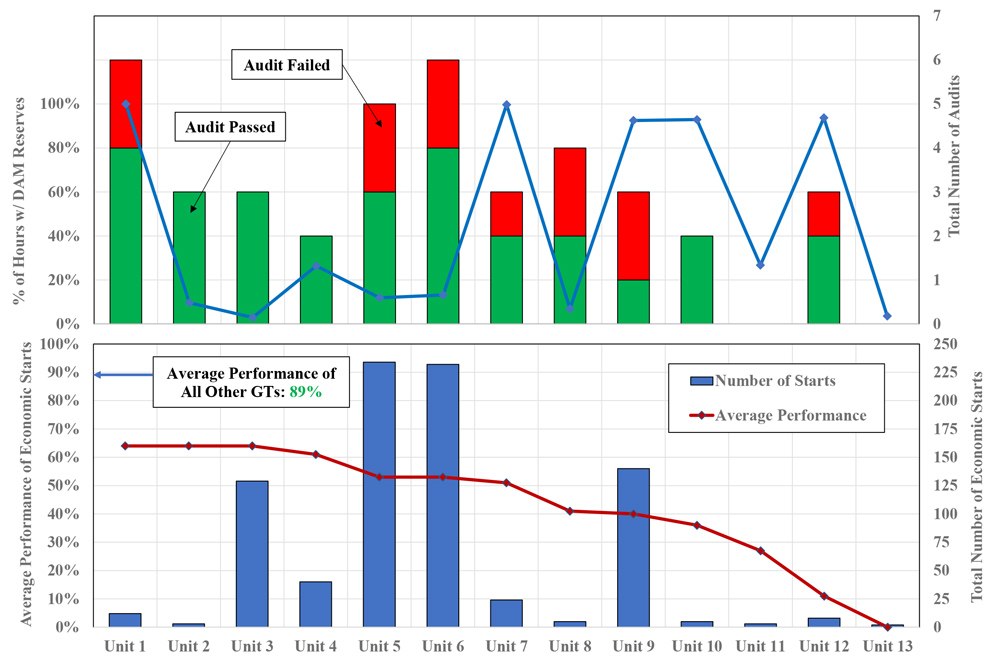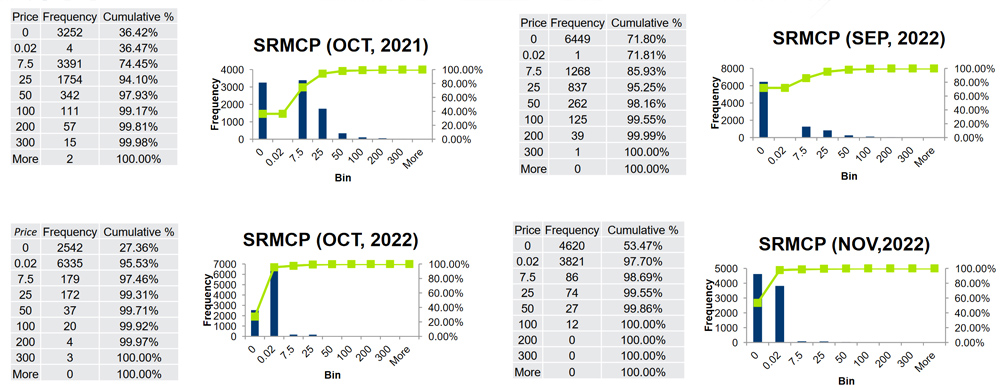CHARLOTTE, N.C. — SERC Reliability’s Board of Directors meeting on Thursday at times resembled an impromptu farewell party, as multiple attendees took time from their presentations to say goodbye to departing chair Todd Hillman.
But the gathering was a serious affair too, with stakeholders reflecting on the many challenges facing the bulk power system as the year ends. In his opening remarks, CEO Jason Blake reflected on the Dec. 10 shootings that severely damaged two Duke Energy substations in Moore County, North Carolina, and plunged around 45,000 customers into darkness. Duke worked around the clock following the shootings and had restored all affected customers by last Wednesday. (See Duke Completes Power Restoration After NC Substation Attack.)
“Sometimes you have these moments that occur, that really bring home the impact that we all have, and … especially for those of you that [have your hands] directly … on the controls, the importance of that work,” Blake said. “These things are always sobering reminders of how hard we work to stay ahead of the game and how we constantly have to understand and also digest these events to see how we can improve.”
 Attendees at SERC Reliability’s Board of Directors meeting in Charlotte, N.C. | © RTO Insider LLC
Attendees at SERC Reliability’s Board of Directors meeting in Charlotte, N.C. | © RTO Insider LLC
Investigators have not identified any suspects or motivation for the attacks and have dismissed connections to a later incident in which gunshots were heard outside a Duke hydroelectric station in South Carolina. Blake noted that, while power failures are nothing to celebrate, the fact that the outages remained limited to Moore County with no cascading impacts on the broader electric grid was a marker of how quickly and effectively Duke responded to the crisis.
“The system, as designed, performed. But that said, we still always want to take note of these occurrences and see what we can learn, and are there opportunities to better ourselves,” Blake said.
Risk Report Approved
Looking ahead to the new year, board members approved SERC’s 2023 corporate strategic initiatives and key performance objectives, along with a supplemental contribution to employees’ 401k accounts for 2022. The board also voted to accept the regional entity’s 2022-23 Regional Risk Report.
Compiled by SERC’s Risk Committee, the Regional Risk Report aims to identify the top 10 risks facing the region’s power grid, grouped into “managed” risks, for which mitigation plans need to be developed and implemented, and “monitored” risks, where mitigation plans and guidance already exist.
The group in which a risk is placed does not necessarily reflect its priority level. Next year’s “monitor” list includes extreme weather, which is ranked fifth on the overall list, along with variable energy resource integration and parallel/loop flow issues, ranked ninth and 10th respectively. Risks on the “manage” list include supply chain vulnerabilities, shortage of required skillsets, resource uncertainty, and deliberate disruptions such as sabotage and attack — respectively ranked first, second, third, and seventh.
NGC Describes Leadership Shuffle
Sunflower Electric Power Corp. chose Hillman — who was also MISO’s senior vice president and chief customer officer — as its new CEO earlier this year. (See Sunflower’s New CEO Hillman Looks Back on MISO Tenure.) Hillman will take his post on Jan. 16, succeeding Stuart Lowry, and will depart SERC on Jan. 3, two years and two days after taking his seat as chair.
Because of Hillman’s early departure, Vice Chair Lee Xanthakos of Dominion Energy agreed to the Nominating and Governance Committee’s (NGC) request that he step up to chair early, with the board assenting. Under ordinary circumstances his term would have begun next May; instead, he will take office Jan. 4, with his term ending May 31, 2025.
With Xanthakos moving up to chair, the NGC nominated Lisa Johnson of Seminole Electric Cooperative to succeed him as vice chair. Directors approved the choice unanimously, along with the proposal to nominate Lonni Dieck to another term as lead independent director, concurrent with Xanthakos and Johnson.
To replace Director Arnold Singleton, who left the board in September, the committee suggested former director Bob Dalrymple of the Tennessee Valley Authority, which the board also approved. Upon confirmation by SERC’s membership at their March 29 meeting in Fort Lauderdale, Fla., Dalrymple will serve out the remainder of Singleton’s term, ending May 31, 2023. Dalrymple will serve as the federal-state sector representative and will also join the NGC.
Committee Chair Tim Lyons also informed directors that the NGC has opted not to conduct a search for additional independent directors beyond Dieck, Shirley Bloomfield, and Deborah Wheeler, who joined the board as its first independent members in 2021. Lyons had floated the possibility of more independent directors at the board’s last meeting in September but said Thursday that the committee does “not believe we are in a position to move forward with another independent director search at this time.” (See “More Independent Directors a Possibility,” SERC Board of Directors Briefs: Sept. 22, 2022.)
Board Honors Hillman
The board voted through a resolution thanking Hillman for his 14 years both as board chair and as a director.
Hillman presided over SERC’s transition to a new organizational arrangement in 2021, with the RE adopting a membership structure and welcoming its first set of independent directors. Reflecting on the changes during his tenure, Hillman praised the organization for its performance under the new structure and said it had “really stood out as a leader in the ERO space.”
 Hillman, second from right, poses with a plaque and “Top Banana” award honoring his service as chair. | © RTO Insider LLC
Hillman, second from right, poses with a plaque and “Top Banana” award honoring his service as chair. | © RTO Insider LLC
“I look at the SERC of today, [and] I see servant leaders. I see SERC at the center; I see people really trying to move that forward,” Hillman said. “But I think the full measure of the experience is the value of the relationships and the friendships created. So I want to thank you all for those.”
Blake also presented Hillman with a plaque in honor of his years as chair, along with the organization’s recently inaugurated “Top Banana” award, first given to Dalrymple upon his departure at SERC’s March board meeting. Dalrymple joked on Thursday that one of his conditions for returning to the board was that he not be required to return his award.




